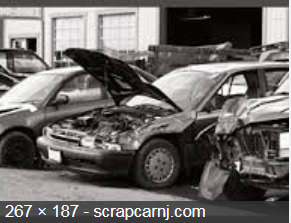In New Jersey the legislature has partially codified the aforementioned principles in N.J.S.A. 56:8-68, which states that it is an unlawful practice for a used car dealer to (a) misrepresent the mechanical condition of a used vehicle; (b) to fail to disclose, prior to sale, any material defect in the mechanical condition of the used motor vehicle which is known to the seller; (c) to represent a used motor vehicle, or any component thereof, is free from material defects in its mechanical condition at the time of sale, unless the dealer has a reasonable basis for the representation at the time sale is made. It is arguable that these “disclosure” requirements would be required under any “common law” analysis, which predated this Statute. Nonetheless, the creation reinforces the purposes advanced by the Consumer Fraud Act, trebling damages and providing for the award of attorney fees.
The Administrative Code also contains extensive regulation of dealership conduct. The failure to disclose that the motor vehicle had been previously damaged and that substantial repair or body work has been performed on it when such prior repair or body work is known or should have been known by the advertiser; substantial repair or body work shall mean repair or body work having a retail value of $1,000 or more. N.J.A.C. 13:45A-26A.7. Advertisement is defined by the Consumer Fraud Act as the attempt directly or indirectly by publication, dissemination, solicitation, endorsement or circulation or in any other way to induce directly or indirectly any person to enter or not enter into any obligation or acquire any title or interest in any merchandise or to increase the consumption thereof or to make any loan. N.J.S.A. 56:8-1(a). Again, this definition of “Unlawful Practice” would arguably exist under the Common Law principles set forth above.
 New Jersey Lemon Law Lawyer Blog
New Jersey Lemon Law Lawyer Blog



